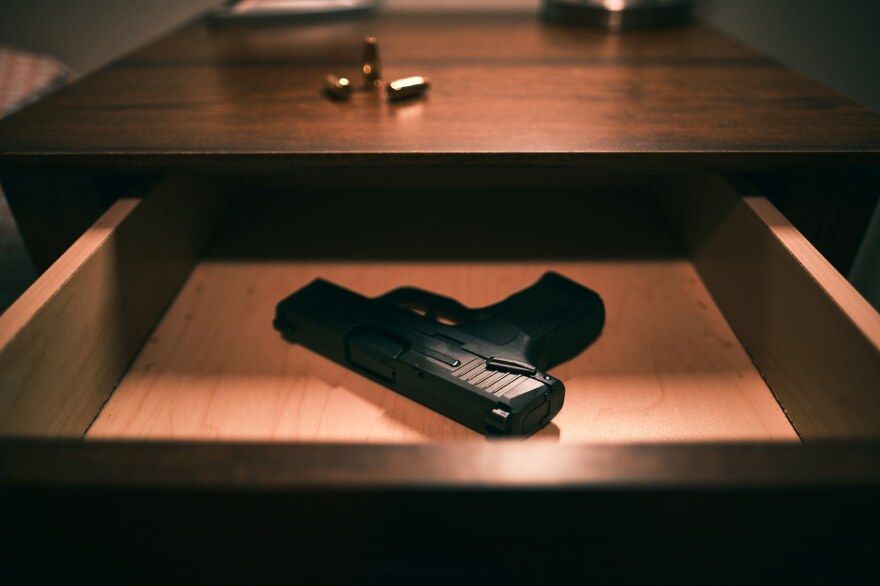Domestic violence homicide has gone up in Iowa, according to the latest crime data analyzed by the Iowa Coalition Against Domestic Violence.
The group's study gathered data from all homicides that were a result of domestic violence, which is defined as violence in personal relationships, including romantic and family relationships. It used Uniform Crime Reporting data from October 2021 through September 2024.
In this timeframe, the coalition found there were at least 88 deaths because of domestic violence. Women and children made up a majority of victims. The most common type of person committing domestic violence homicide was a current or former partner or spouse.
The researcher of the study, Ruxandra Marcu, said a lack of affordable housing could be contributing to the increase.
"If you can't leave, if there's no affordable way to extract yourself and your children or your pets, you're trapped in that unsafe environment," Marcu said.
How does domestic violence escalate to homicide?
Marcu said domestic violence doesn't typically start with physical violence.
"Domestic violence is about power and control," Marcu said.
With intimate partner violence, some early warning signs include:
- A partner isolating you from friends, family and loved ones
- Controlling what you look like
- Financial control, such as not having access to a joint bank account
Once physical or sexual violence occurs, Marcu said the chances for homicide are higher.
"Once strangulation occurs, we know that that is often the first indicator that homicide could be where this escalates to," she said.
In its report, the Iowa Coalition Against Domestic Violence called for stronger policies and more coordination to address the role guns play in domestic violence.
Destigmatizing victims of domestic violence and awareness about healthy relationships are preventive measures that need to continue, according to Marcu. She said that other indicators of domestic violence homicide, like past criminal charges, still need to be studied.
"Should this individual have been prevented from having access to a firearm? Was that in place? Or do we need to have tighter policies around this or review systems that really make it impossible for someone with a violent record and history to have access to a firearm?" Marcu said, adding that the coalition will seek to answer these questions in the future.
If you are in a domestic violence situation you can seek help by calling the 24/7 Iowa Victim Service Call Center at 1-800-770-1650 or text 'IOWAHELP' to 20121.



